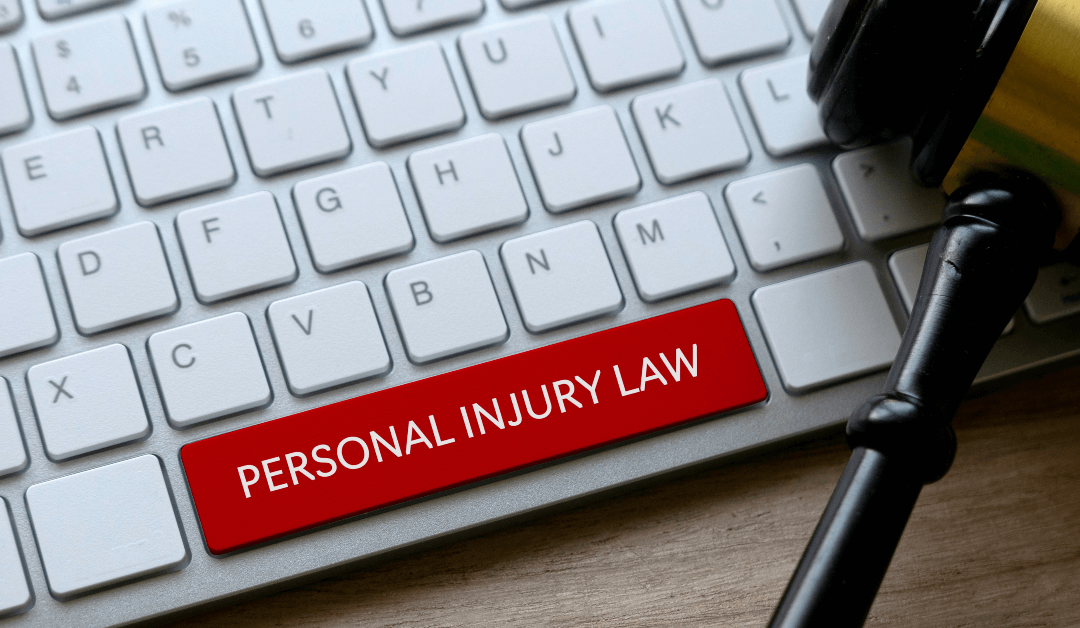Personal injury accidents in Florida can result in serious injuries that can have a lasting impact on the victim’s physical, emotional, and financial well-being. When such injuries occur due to the negligence of another party, it may be possible to seek compensation through a personal injury claim. However, proving negligence in personal injury cases in Florida can be challenging and requires a thorough understanding of the Florida legal process and the key elements and evidence needed for a successful claim.
In this article, we will discuss how to prove negligence in personal injury cases involving serious injuries such as broken bones, concussions, and spinal cord injuries.
Key Elements of Proving Negligence
In order to prove negligence in a personal injury case, the following key elements must be established:
Duty of Care: The injured party must show that the defendant had a legal duty to exercise reasonable care towards them. For example, drivers have a duty to operate their vehicles safely, and property owners have a duty to maintain their premises in a safe condition.
Breach of Duty: The injured party must show that the defendant breached their duty of care by failing to act reasonably under the circumstances. This could include actions such as reckless driving, failure to maintain safe premises, or failing to follow safety regulations.
Causation: The injured party must show that the defendant’s breach of duty was the direct cause of their injuries. This requires establishing a causal link between the defendant’s actions and the injuries sustained.
Damages: The injured party must show that they suffered actual damages as a result of the defendant’s negligence. This can include medical expenses, lost wages, pain and suffering, and other economic and non-economic damages.
Evidence to Prove Negligence
To successfully prove negligence in a personal injury case involving serious injuries, the following types of evidence may be crucial:
Medical Records: Medical records, including hospital records, diagnostic reports, and treatment records, can provide evidence of the extent and nature of the injuries sustained as a result of the accident.
Accident Reports: Official accident reports, such as police reports or incident reports, can provide important details about the circumstances of the accident, including any violations of safety regulations or laws.
Witness Testimony: Testimony from witnesses who observed the accident or can provide information about the defendant’s actions or lack of reasonable care can be valuable evidence in proving negligence.
Expert Testimony: Expert testimony from qualified professionals, such as accident reconstruction experts, medical experts, or other relevant specialists, can provide technical expertise and support to establish the defendant’s breach of duty and causation.
Documentation: Any relevant documentation, such as photographs of the accident scene, property damage, or injuries, as well as any communication or correspondence with the defendant or their insurance company, can serve as evidence to support the claim.
Proving negligence in personal injury cases in Florida involving serious injuries requires a strong understanding of the key elements and evidence needed for a successful claim. By establishing the defendant’s duty of care, breach of duty, causation, and damages, and presenting compelling evidence, you can strengthen your personal injury claim and increase your chances of obtaining fair compensation for your injuries and damages.
It’s crucial to work with an experienced Florida personal injury attorney, such as Matthew Mincone at Mincone Law Group, who can guide you through the claims process, gather the necessary evidence, and advocate for your rights. With the recent changes in Florida injury legislation on the statute of limitations, it’s important to act promptly and seek legal assistance to ensure your claim is filed within the required timeframe.
If you have suffered serious injuries such as broken bones, concussions, or spinal cord injuries in Florida due to someone else’s negligence, understanding the personal injury claims process and how to prove negligence is crucial. By following the steps outlined in this article and working with a skilled personal injury attorney, you can navigate the legal process and seek the compensation you deserve for your injuries and damages. Contact Mincone Law Group for any sort of queries and questions.

